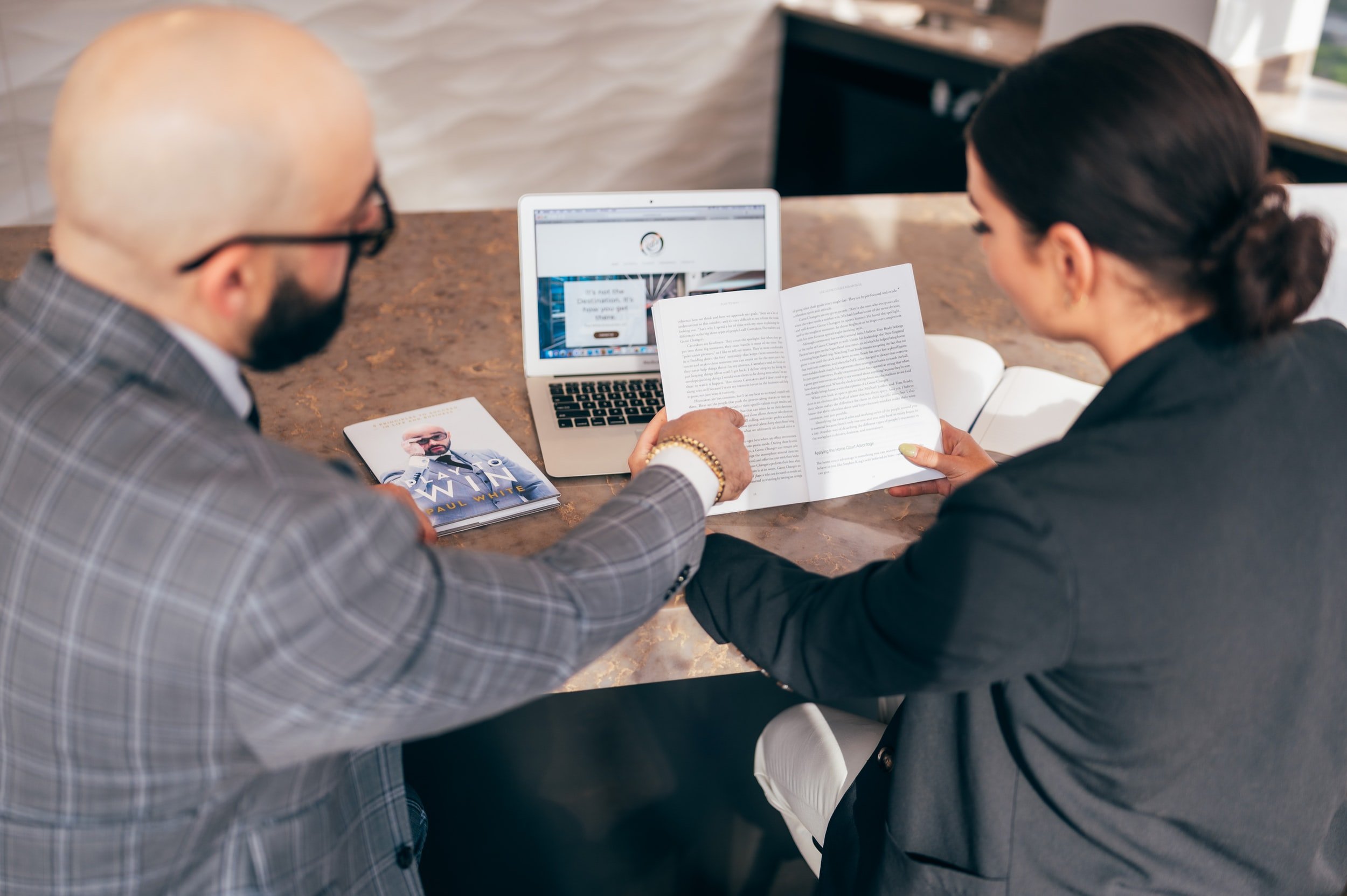Length: 4.5-minute read
Quick summary: Interview preparation can be the difference between a successful media interview and a reputation-damaging experience for you and your company. There are four essential Rs to keep in mind when it comes to how to prepare for an interview.
The four essentials of interview preparation
Media interviews always require preparation to be successful. Journalists are beholden to the story, not their subject, which means they are often ready with questions or an angle in mind. Interview preparation is therefore key to achieving a positive outcome and avoiding damage to your company message or reputation.
There are four essential Rs to consider when preparing for an interview. These are:
- Research
- Review
- Rehearse
- Relax
We’ve broken each of these elements down to assist you in your own interview preparations.
1. The first thing to do once an interview has been arranged is research
Research is the foundation for a successful media interview. The right research will help you understand the journalist’s agenda, their tone of voice, what is likely to be of interest to them, and could help you predict what an interview will be like. If you’re pushed for time, even a short Google search on the related topic or the journalist can be helpful.
What should you research before your media interview?
Research the interview topic.
You must understand the specific focus of an interview. Do you know enough about the topic to have an opinion or further insights to add? Make sure you clarify this prior to the interview.
Know the market and commercial environment.
You should enter an interview with complete awareness of your company’s market segment and any relevant, recent developments in the commercial environment. A journalist is likely to ask about the economic and commercial context your company operates in.
Know what’s happening in the news.
Part of your interview preparation needs to revolve around what is happening in the news currently, in particular around your industry. If any big news stories have broken recently then a journalist is likely to ask what your opinion on the matter is and where your company stands. Saying the wrong thing here can not only upset your company stakeholders, but also affect your reputation, your organisation’s reputation, and current and future client relationships.
Know about your company and its products.
This may sound obvious, but a lack of familiarity with your company’s goods and services will fracture your credibility both with the journalist and in the marketplace.
Understand the journalist.
If you’re aware of a journalist’s past stories, and the subjects they like to cover, this will help you set the tone of the interview. Reading through their stories can also give you a sense of what tone they may take and how they are looking to shape the interview.
Be aware of the publication.
A journalist might be annoyed if you don’t know about their publication or their audience. You want to establish a good relationship with a journalist, so make sure to read through at least a couple of previous articles or issues of the publication in question. This way you’re familiar with the subject areas it covers and the overall tone.
2. Review your key messages in relation to the journalist and the publication
Are your key messages appropriate for a media interview? Are they newsworthy? If they were developed some time ago, are they still relevant and correct? Could you make them more newsworthy?
Revisit what’s been happening in the market lately. Has anything happened which may be relevant to the interview? In this case decide if it would be relevant and appropriate to comment on or avoid.
Make sure you have all the facts and figures you may need. We recommend creating a cheat sheet with the data for quick reference. This also helps if there’s lots of information, so you won’t forget anything important.
It’s also worthwhile noting that you are talking to a journalist and the crux of the story or angle for them will be different than that of a customer or board meeting. By giving the right kind of information, interesting insights, and relevant facts, you can build your rapport with the journalist and establish a lasting relationship.
3. Rehearse your answers out loud
You’d be surprised how often something that sounds great in your head actually sounds confusing when you say it out loud. Practising your answers aloud before your media interview will also help you identify and refine any half-formed thoughts you might have. It can also flag with you ahead of time if there’s any words or phrases you’re likely to stumble over during the interview.
4. If you’re relaxed in an interview, you’ll sound confident, trustworthy, and you’ll be less likely to make mistakes
So, take a deep breath, and try to enjoy it.
Going into a media interview knowing you’ve done your research, you’ve reviewed and refined your key messages, and you’ve rehearsed, can help you perform well and achieve your goal of a positive outcome.
For more information on interview preparation, or to book a media training session, contact us today.










